***DEADLINE EXTENDED TO 6 FEBRUARY 2023*** The Studentship Funding Panel is responsible on behalf of the Research Performance and Management Committee (RPMC) for providing internal funding and support to ensure the University maximises opportunities for investing the University’s QR RDP Supervision grant in match funded studentships, in line with the BU2025 Research Principles.
We are seeking expressions of interest (EoIs) for the Chair, Deputy Chair and Panel members for the new panel.
Chairs should be members of the Professoriate – this is extended to Associate Professors for the Deputy Chair role. Applications from underrepresented groups (minority ethnic, declared disability) are particularly welcome.
EoIs for Panel members are open to the wider academic community, not just the Professoriate.
Application: EoIs will be reviewed against selection criterion which includes knowledge and experience of knowledge exchange, innovation and impact, experience of chairing meetings and plans for leading the research agenda across the university.
EoIs for the Chair and Deputy Chair roles should consist of a short case (maximum length of one page) on the form provided outlining suitability for the role. These should be submitted to the Doctoral College mailbox by the deadline of 5pm on 6 February 2023.
EoIs for Panel member roles should consist of a short case (maximum length of half a page) on the form provided outlining suitability for the role. These should be submitted to the Doctoral College mailbox by the deadline of 5pm on 6 February 2023.
Please note: EoIs should specify to which role the applicant is applying.
There will be a delay in response to Panel member applications until the Chair and Deputy Chair roles are appointed by 6 March 2023. After this the Panel Members will be contacted about their appointment.
There will be an orientation meeting on at 10am on 9 March 2023 for the Chairs and Deputy Chairs. This will be with Deputy VC Tim McIntyre-Bhatty.
Full details are available here:
BU Studentship Funding Panel – ToR.pdf
BU Studentship Funding Panel – Chair & Deputy Chair Role Descriptor


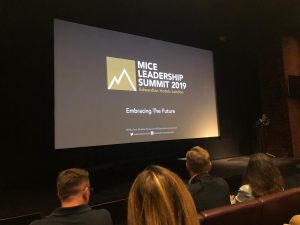
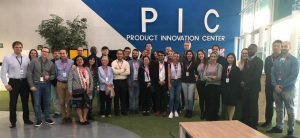
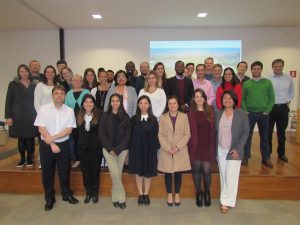
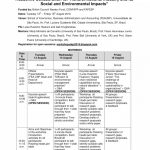
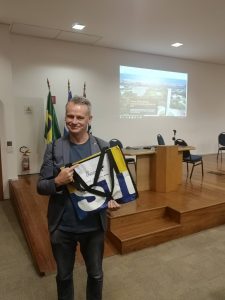







 Some possibilities:
Some possibilities:










 BU attendance at third annual GCPHR meeting in June
BU attendance at third annual GCPHR meeting in June Interactive Tangible and Intangible Heritage Applications – BU student work featured in new book chapter
Interactive Tangible and Intangible Heritage Applications – BU student work featured in new book chapter Second NIHR MIHERC meeting in Bournemouth this week
Second NIHR MIHERC meeting in Bournemouth this week MSCA Postdoctoral Fellowships 2025 Call
MSCA Postdoctoral Fellowships 2025 Call ERC Advanced Grant 2025 Webinar
ERC Advanced Grant 2025 Webinar Horizon Europe Work Programme 2025 Published
Horizon Europe Work Programme 2025 Published Horizon Europe 2025 Work Programme pre-Published
Horizon Europe 2025 Work Programme pre-Published Update on UKRO services
Update on UKRO services European research project exploring use of ‘virtual twins’ to better manage metabolic associated fatty liver disease
European research project exploring use of ‘virtual twins’ to better manage metabolic associated fatty liver disease